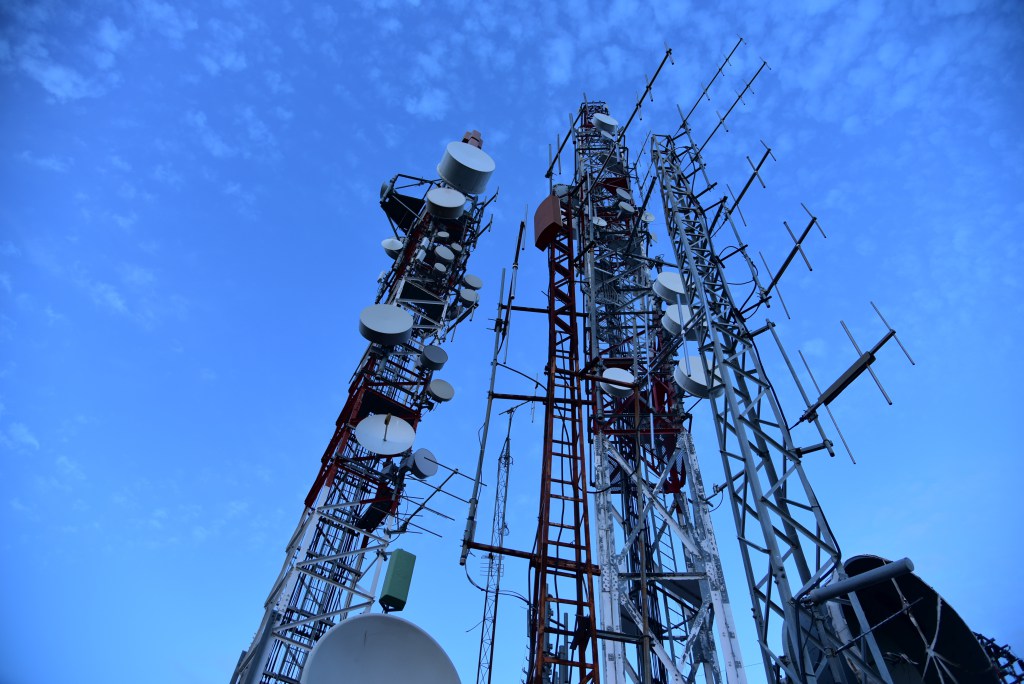PRESS STATEMENT
The attention of the Association of Licensed Telecommunications Operators of Nigeria (ALTON) has been drawn to the Punch Newspaper’s Editorial of Wednesday, 2nd January, 2019 in respect of the above. ALTON wishes to set the records straight on some of the weighty allegations made in the Editorial.
Please note that we are not holding brief for the Nigerian Communications Commission (NCC). Rather, we are concerned about the low level of background information and apparent bias exhibited by the writers of the Editorial regarding telecommunication regulation and operations in Nigeria, and more importantly, regarding the service ecosystem for telecoms in Nigeria.
“It is disturbing that the Editorial mentioned issues of Right of Way (RoW), Multiple Taxation, Vandalisation of infrastructure, accessibility issues and shutting down of telecom infrastructure [as] “weak arguments” for poor performance.”
There is no doubt that the telecoms sector is the best regulated (if not an over-regulated) sector when compared with other sectors of the Nigerian economy. To its credit, the NCC has been a champion of regulatory best practices which emphasizes proactively addressing issues; rather than playing to the gallery by imposing draconian sanctions, as the Editorial seems to advocate. In fact, as the Editorial correctly notes, the NCC has on several cases imposed heavy sanctions on our members for infractions. While ALTON often disagrees with the NCC on some of these sanctions, it would be unfair for anyone to suggest that the Commission has been lax or overly accommodating of breaches of any kind.
We are also deeply concerned that although the Punch Editorial mentioned challenges faced by telecoms operators in Nigeria, it unfairly down-played the effect of these challenges on service provision.
“The Punch Editorial mentioned challenges faced by telecoms operators in Nigeria, it unfairly down-played the effect of these challenges on service provision.”
It is on record that in 2001 when the industry was liberalized, many global players shunned the opportunity because of dearth of supporting infrastructure. Those who eventually took up the licenses paid as high as $285Million for each license on the assurance that the license fees would be used to build and/or improve supporting infrastructure, particularly power and transmission networks. 18 years after, operators are still left to self-provide power, transmission, security and other supporting infrastructure which are taken for granted in other jurisdictions. The Editorial itself attested to the fact that a single telecoms operator spent over N30billion on diesel per annum, which is one of the highest usage in the country today. This should be of concern to serious analysts.
Also, it is rather disturbing that the Editorial mentioned that issues of Right of Way (RoW), Multiple Taxation, Vandalisation of infrastructure, accessibility issues and shutting down of telecom infrastructure are rampant in Nigeria but claims that these are “weak arguments” for poor performance.
In the first place, we make bold to state that the quality of telecoms services in Nigeria is amongst the best in comparable jurisdictions, despite the challenges our members face in their day-to-day operations. Secondly, it is remarkable that despite the extremely high cost of providing services in Nigeria, the telecoms industry is the only sector where charges have been stable (even falling). Our members daily do battle the State, Local Government agencies who aggressively harass them to pay both legitimate and illegitimate taxes and levies which runs to several million Naira in some cases, they daily contend with high costs of diesel, frequent theft of equipment, etc. without increasing tariffs. It is on record that the cost of building one BTS site in Nigeria will build three similar structures in Ghana.
Despite all of these, our subscribers pay far less tariffs per minute than they paid five years ago, and data charges have continued to fall over the years as we struggle to democratize access to life-changing telecoms services. Indeed, we challenge the Punch to name any other service that has resisted inflationary trends as telecoms service. Not even the price of pure water has been as stable as telecoms services. ALTON members and the industry regulator deserve commendation for this feat, not scurrilous condemnation.
ALTON agrees that there are service quality and ethical concerns in some segments of the telecoms industry. We assure that our members are assiduously working with the regulator and other stakeholders to tackle these concerns in the best interests of our subscribers. However, it would be most unfair to downplay the impact of service ecosystem issues as the Punch seeks to do. Demanding world class services without championing holistic improvements in supporting infrastructure which directly impact the quality of such services is rather cheap and disingenuous.
When the Kogi State government recently shut down about twenty base stations in that State, over 150 other base stations in at least nine states and the FCT were affected and subscribers in these states suffered serious service disruptions. The loss to both the operators and Nigeria would be difficult to quantify. In how many other countries do operators have to grapple with this kind of problems?
We therefore call on the Punch newspaper and other media to support ALTON and the NCC in our efforts to drive awareness amongst Federal, State and Local on the need to protect telecoms infrastructure in the same way as power, security and other infrastructure are protected. This is the only way to guarantee improved services.
“The cost of building one BTS site in Nigeria will build three similar structures in Ghana.”
Finally, we invite Punch to use its platform to encourage other consumer services providers such as those in the Power, Banking, Aviation, Transportation and other services to deliver services at the same global standards being demanded from the telecoms industry. It just may be that the over-concentration of attention on the telecoms sector is one of the reasons why these sectors continue to take consumers for granted, providing services below par.
For: The Association of Licensed Telecommunications Operators of Nigeria (ALTON)
Mr. Gbenga Adebayo
Chairman





























